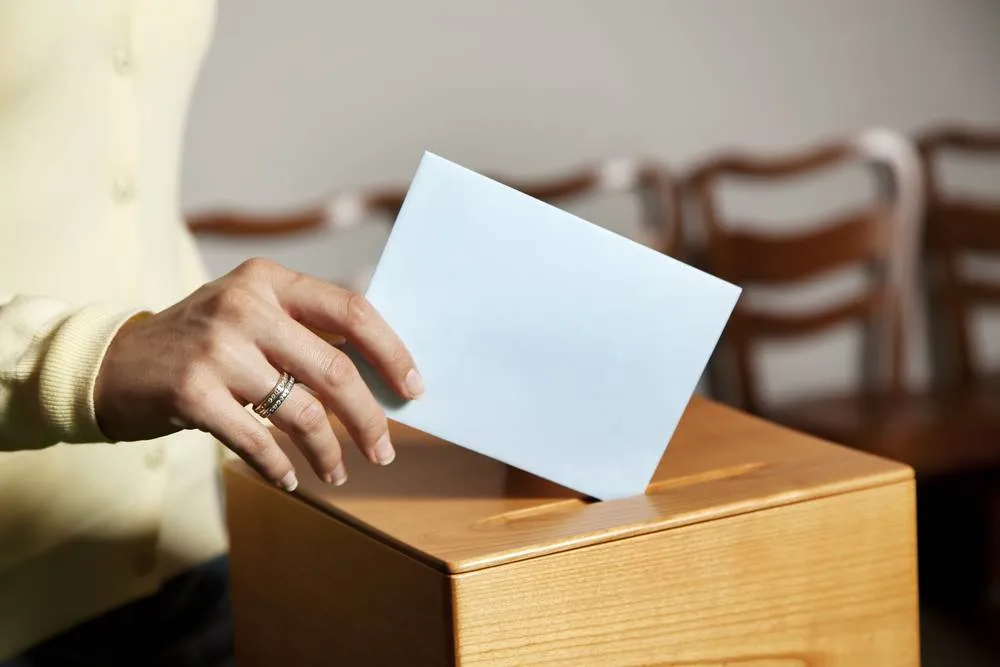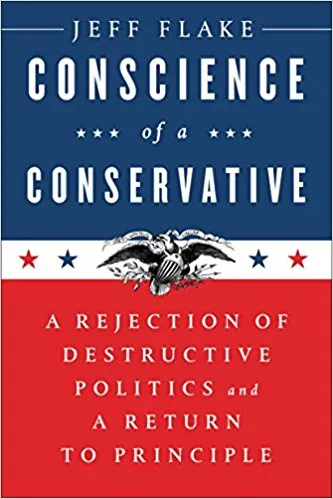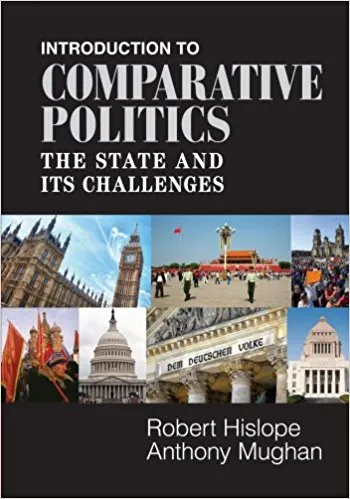
4 Books to Get You Started on Contemporary International Politics
This content contains affiliate links. When you buy through these links, we may earn an affiliate commission.
Sometimes Hollywood and Netflix makes the U.S. seem like the whole world. Especially if, like me, you have the tendency to click on things in your recommended list. We can really get caught up in a bubble when Netflix or Amazon recommends stuff to us that they know we’ll like, based on our previous purchases. Then the media we’re exposed to doesn’t so much open our minds as reinforce our pre-existing values or beliefs. With Western democracy being increasingly cast in doubt, reading beyond one’s political ideology is now more important than ever (if you’re not convinced, here’re 5 reasons why you should). And that includes broadening our horizons to look at contemporary politics from a global view. So, because I believe in being a well-informed voter, I took a stroll down the Politics section of the library and—boy was it overwhelming! For someone whose only exposure to contemporary international politics was House of Cards, I had to read a truckload to understand just the basics of what’s going on in a few major countries of the world. To save you the trouble of getting lost in a whole labyrinth of political ideology, here’s a list of books about contemporary international politics to get you started.
A scathing critique of Trump that both Democrats and Republicans can appreciate. I found this a more genuine account of what goes on inside the White House than, say, the New York Times Bestseller Fire and Fury, which reads more like tabloid journalism (that one definitely wins in entertainment value, though—I laughed when I learnt how much Trump hates reading). Some may accuse Senator Flake of hypocrisy, but the book itself takes a well-informed look at the current state of American politics, and makes a compelling call to return to bipartisanship and civility.
Recommended to me by a Pol. Science friend. Quite beginner-friendly. Hislope and Mughan provide an adequate number of case studies, comparing the authoritarian regimes of Myanmar, Kuwait and Paraguay with various systems of democracy. I found the chapter on organised crime most fascinating. It’s rare in a textbook to get such a detailed study of the impact of crime on politics.










